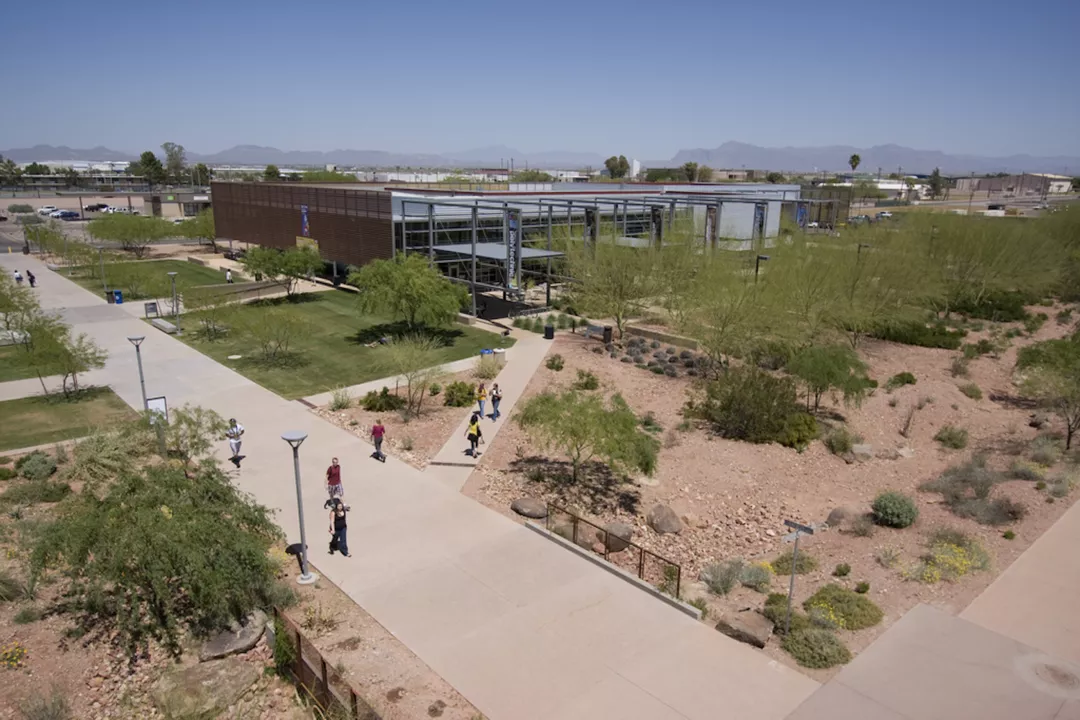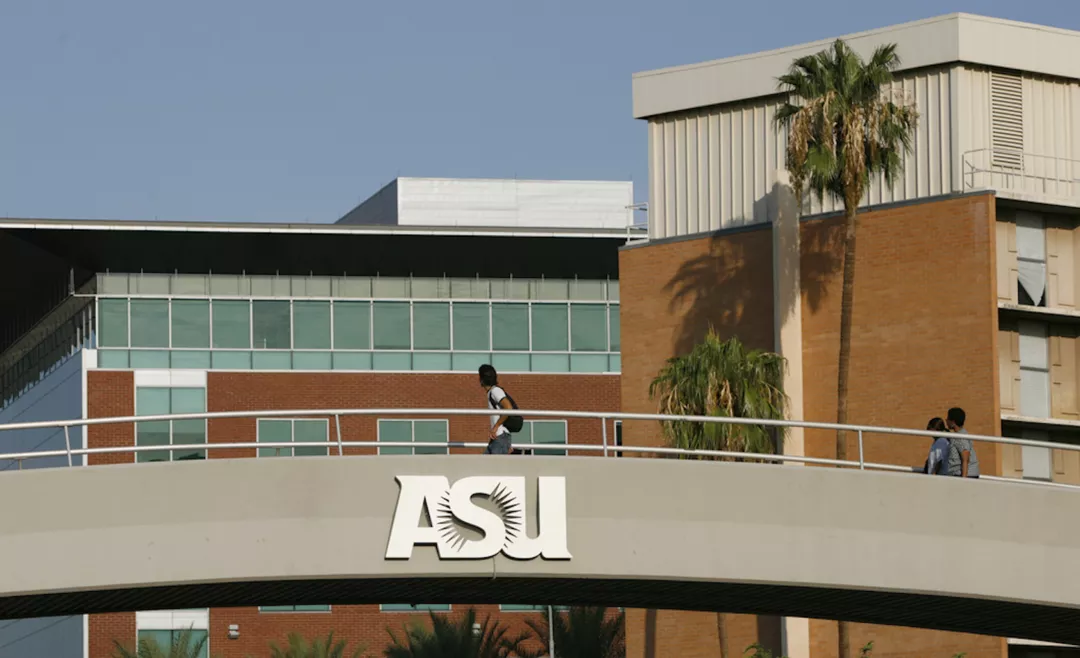-
hello@abroadcube.com
Mail us
-
Call For Help:
98779 83783
-
Whatsapp Us
70090 34921
The MS program in Environmental and Resource Management provides students who have a background in the sciences, engineering, management, natural resources management, environmental health and safety, or other affiliated areas with the regulatory and technical background they need to mitigate the environmental impact of industrial sources of pollution, ensure compliance with environmental regulations, and manage and preserve engineered and natural ecosystems. It is designed for students with a background in the sciences, engineering, management, natural resources management, environmental health and safety, or other affiliated areas.
The curriculum focuses on areas such as environmental law, water and wastewater treatment, air pollution management, solid and hazardous waste management, management of hazardous materials, soils and groundwater contamination, water law and policy, environmental toxicology, hazardous waste management, natural resources management, occupational health and safety, sustainable development, and international environmental laws and policies.
| Level | Masters |
| Discipline | Sciences |
| Duration | 24 months |
| Intakes | Jan, Sep |
| Application Fees | USD 0 |
| Tuition Fees | USD 35280 |
| Campus | Polytechnic |
| Language proficiency (minimum) | |
| IELTS | 6.5 |
|---|---|
| TOEFL | 80 |
| PTE | 60 |
| Duolingo | 110 |
| Exam proficiency (minimum) | |
| SAT | Not Required / Waiver |
|---|---|
| ACT | Not Required / Waiver |
| GRE | Not Required / Waiver |
| GMAT | Not Required / Waiver |
Minimum GPA - 77%
QS Quacquarelli Symonds is the world’s leading provider of services, analytics, and insight to the global higher education sector, whose mission is to enable motivated people anywhere in the world to fulfil their potential through educational achievement, international mobility, and career development.
THE (Times Higher Education) has been providing trusted performance data on universities for students and their families, academics, university leaders, governments and industry, since 2004. We create university rankings to assess university performance on the global stage and to provide a resource for readers to understand the different missions and successes of higher education institutions.
The Academic Ranking of World Universities (ARWU) was first published in June 2003 by the Center for World-Class Universities (CWCU), Graduate School of Education (formerly the Institute of Higher Education) of Shanghai Jiao Tong University, China, and updated on an annual basis
The "Webometrics Ranking of World Universities" is an initiative of the Cybermetrics Lab, a research group belonging to the Consejo Superior de Investigaciones Científicas (CSIC), the largest public research body in Spain. CSIC is among the first basic research organizations in Europe. The CSIC consisted in 2006 of 126 centers and institutes distributed throughout Spain.





